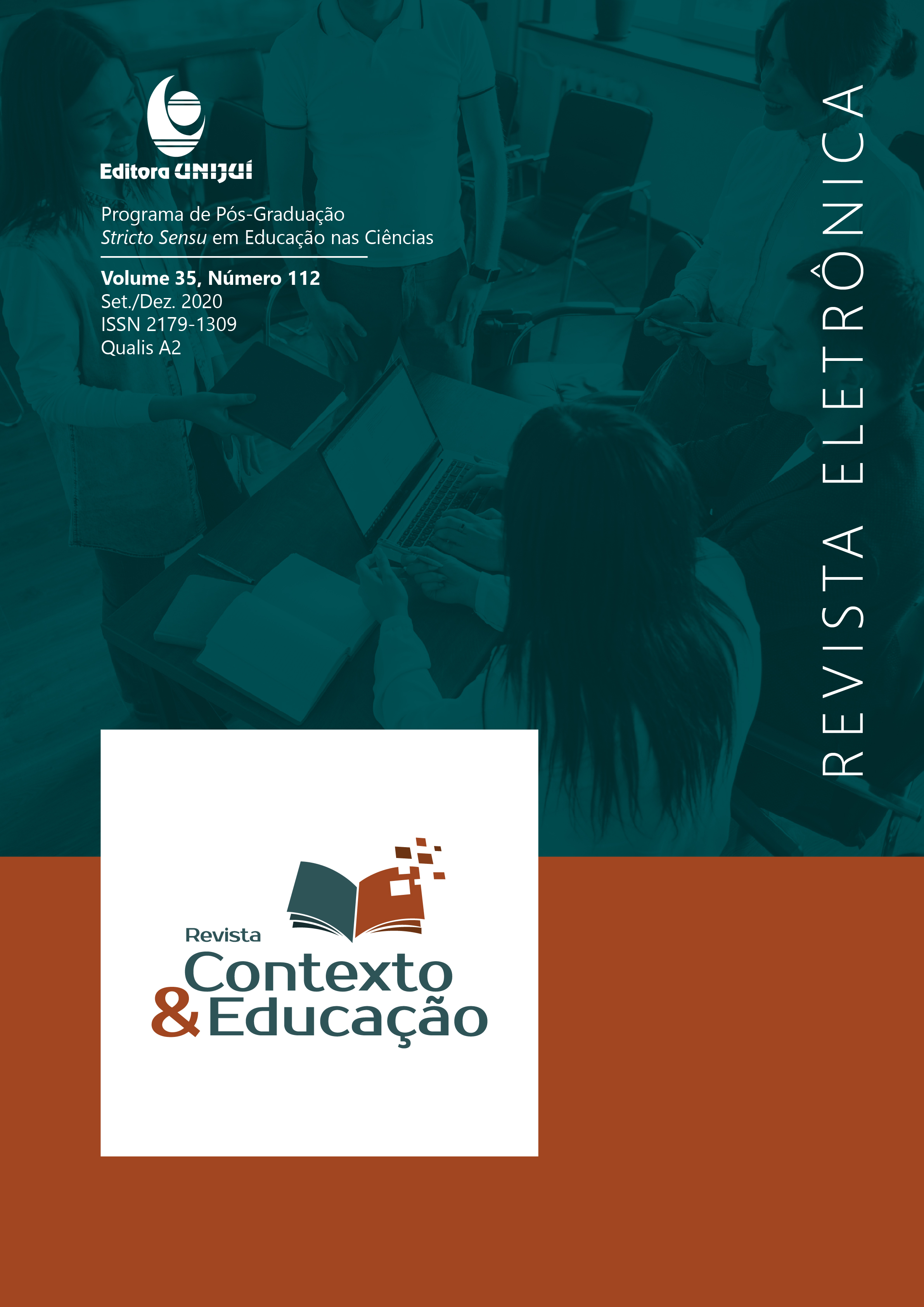TRABALHO E UNIVERSIDADE: REFLEXÕES SOBRE O PERFIL DE JOVENS TRABALHADORES EGRESSOS DA EDUCAÇÃO A DISTÂNCIA NO PARÁ
DOI:
https://doi.org/10.21527/2179-1309.2020.112.346-365Keywords:
University. Work. Graduates. Distance EducationAbstract
This research aimed to analyze the training process of graduating workers, investigating how their insertion process took place in the world of work, in order to understand their professional life after completing an undergraduate course at a private institution of Education a Distance Learning (EaD), as well as, its implications for its formation. Methodologically, this work, according to the research bases, used dialectical historical materialism, making use of the qualitative research and technical procedure of the Case Study. Data were collected through socioeconomic questionnaires with graduates from the Pedagogy course and semi-structured interviews. Thus, from the results, it is a fact that the education offered by the institution contributed significantly, both in the professional and human aspects of its graduates. It is concluded that there are contradictions in the profile of young university graduates from Distance Education and the possibilities of Distance Education are considered positive due to the flexibility offered by the institution, and the negative aspect of this modality is found in interactivity with tutors who are unable to meet students' difficulties, making the tutor / student relationship a difficulty for the production and socialization of knowledge.
Downloads
Published
How to Cite
Issue
Section
License
By publishing in Revista Contexto & Educação, authors agree to the following terms:
All works are published under the Creative Commons Attribution 4.0 International License (CC BY 4.0), which allows:
Sharing — to copy and redistribute the material in any medium or format;
Adaptation — to remix, transform, and build upon the material for any purpose, even commercially.
These permissions are irrevocable, provided that the following terms are respected:
Attribution — authors must be properly credited, a link to the license must be provided, and any changes made must be indicated.
No additional restrictions — no legal or technological measures may be applied that legally restrict others from doing anything the license permits.
Notices:
The license does not apply to elements that are in the public domain or covered by legal exceptions.
The license does not grant all necessary rights for specific uses (e.g., image rights, privacy, or moral rights).
The journal is not responsible for the opinions expressed in the articles, which are the sole responsibility of the authors. The Editor, with the support of the Editorial Board, reserves the right to suggest or request modifications when necessary.
Only original scientific articles presenting research results of interest that have not been previously published or simultaneously submitted to another journal with the same purpose will be accepted.
Mentions of trademarks or specific products are intended solely for identification purposes and do not imply any promotional relationship by the authors or the journal.
License Agreement (for articles published from October 2025): Authors retain the copyright to their article and grant Revista Contexto & Educação the right of first publication.


